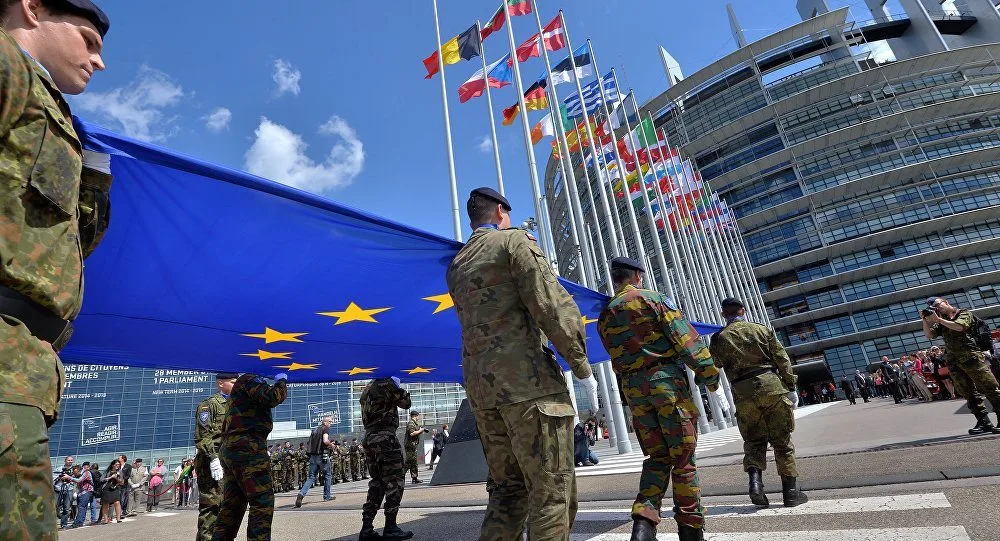Brussels – Too much Russia, too much China, and even too much of the United States: the European Union has profited for years from an architecture now to be revised because it is too unstable and creaky and no longer suited to the contemporary world. The European Commissioner for the Economy, Paolo Gentiloni, acknowledges the limits of the EU. “The crises of recent years and today’s geopolitical realities have shaken the foundations on which Europe has built much of its economic success over the past 30 years,” he says, speaking at the Delphi Economic Forum. The EU is wrong to consider that today, “it could continue to rely on Russia for cheap gas, on Asia -and especially China – for increased trade, and on the United States for security,” he explains.
Since Russia’s military operations in Ukraine began, the EU started to reconsider this. First with sanctions against the Kremlin and the ‘Putin system,’ which have borne fruit. “We managed to largely disassociate ourselves from Russian gas and avoid an EU-wide recession,” Gentiloni claims. As for China, the Commission has initiated a strategy to counterbalance relations that have become unsustainable, especially in terms of critical raw materials and unfair competition by subsidies, especially electric cars.
The real big game now is defense. The EU wants to provide for itself, and Gentiloni, in this shift, once again revives the idea of joint debt to shore up industry and the sector. With the Recovery Fund set to expire in 2026, “I think new common funding for our common priorities, primarily defense, should be part of the solution.” A way to get away from this over-protection of the United States, the third pillar of the European backbone that is no longer sustainable today.


![Un drone. Alla Bei si chiede di investire di più in tecnologie a duplice uso. [foto: Wikimedia Commons]](https://www.eunews.it/wp-content/uploads/2024/03/Drone_Mavic_Pro_may2020-350x250.jpg.webp)





